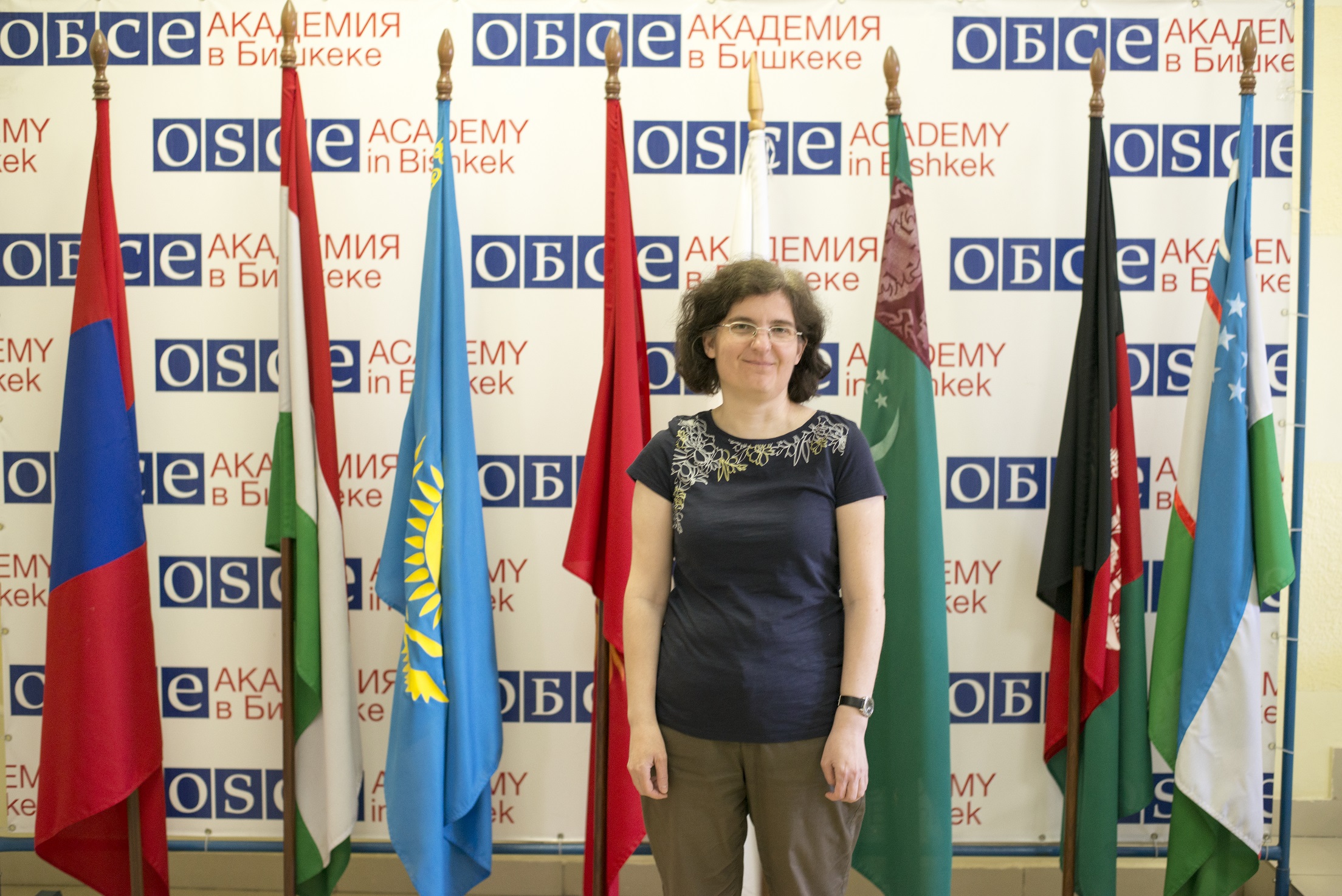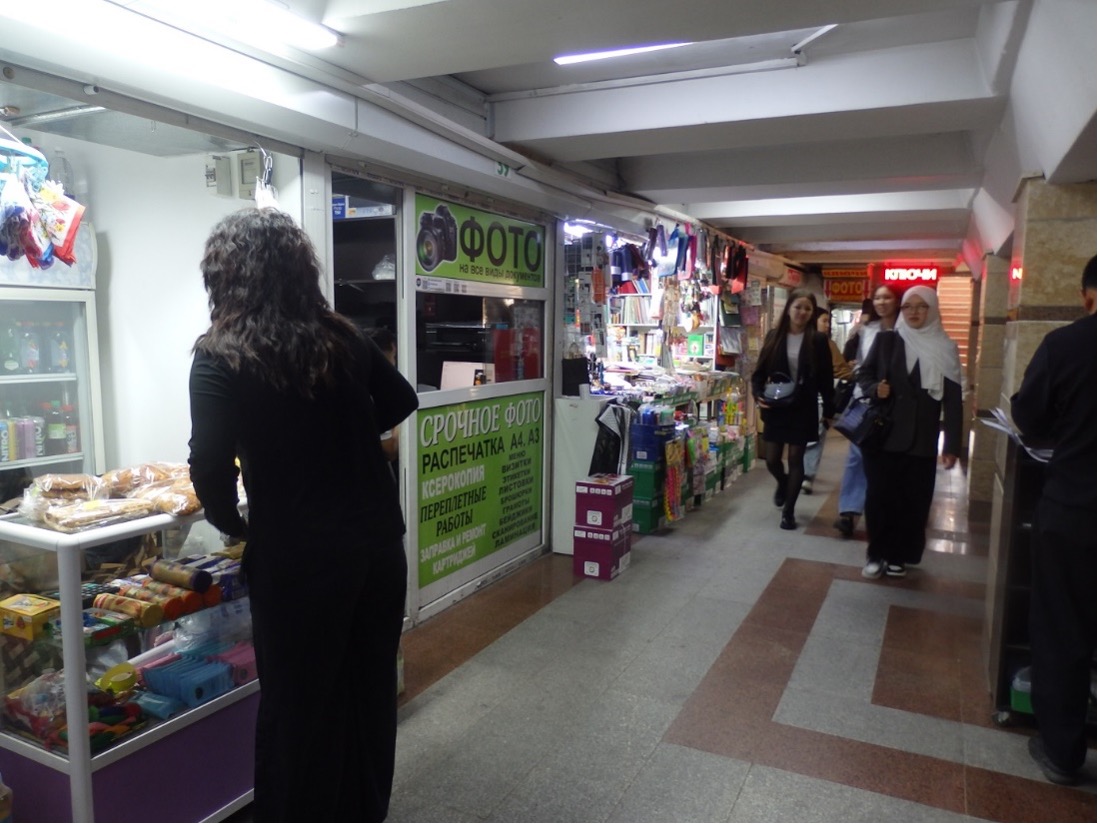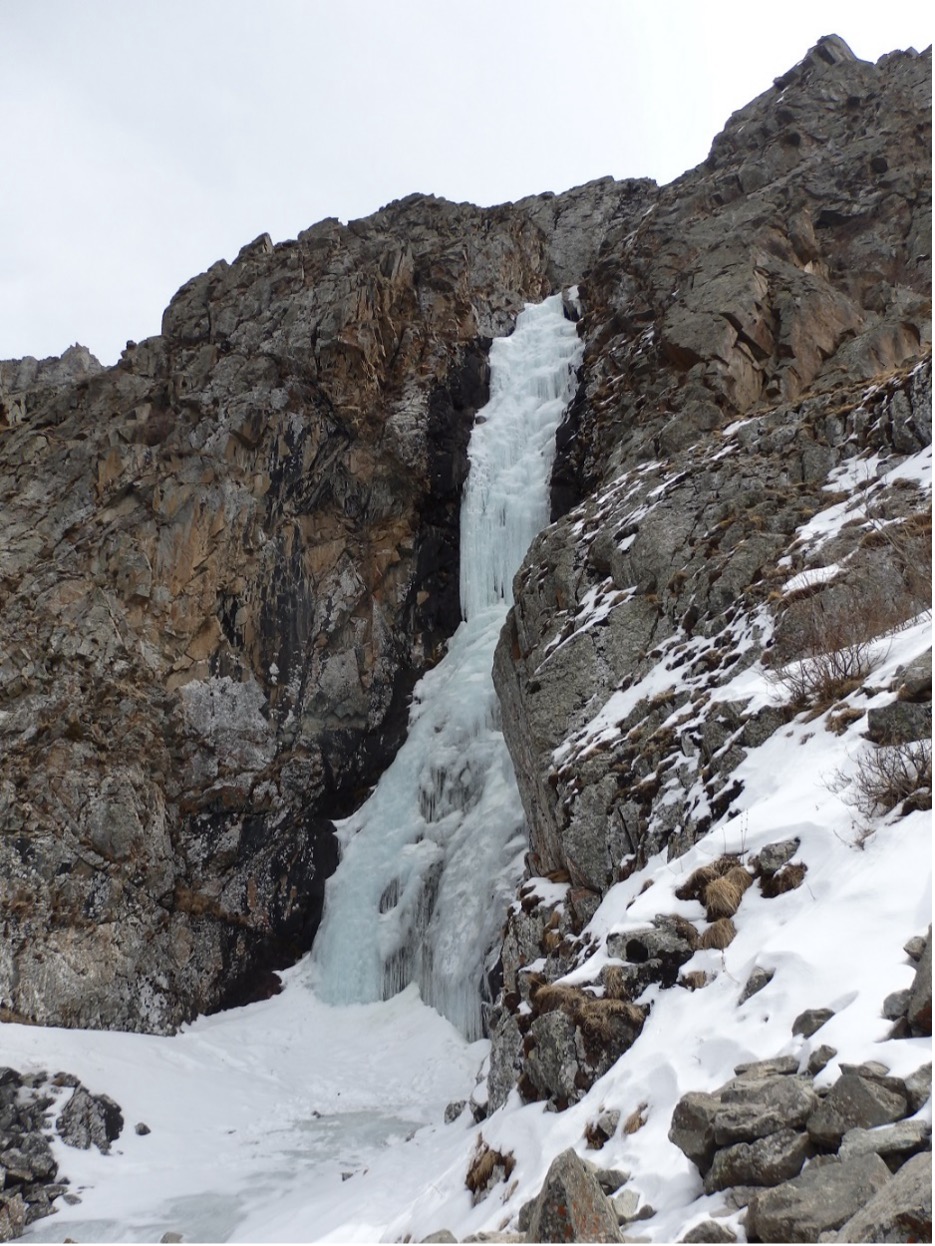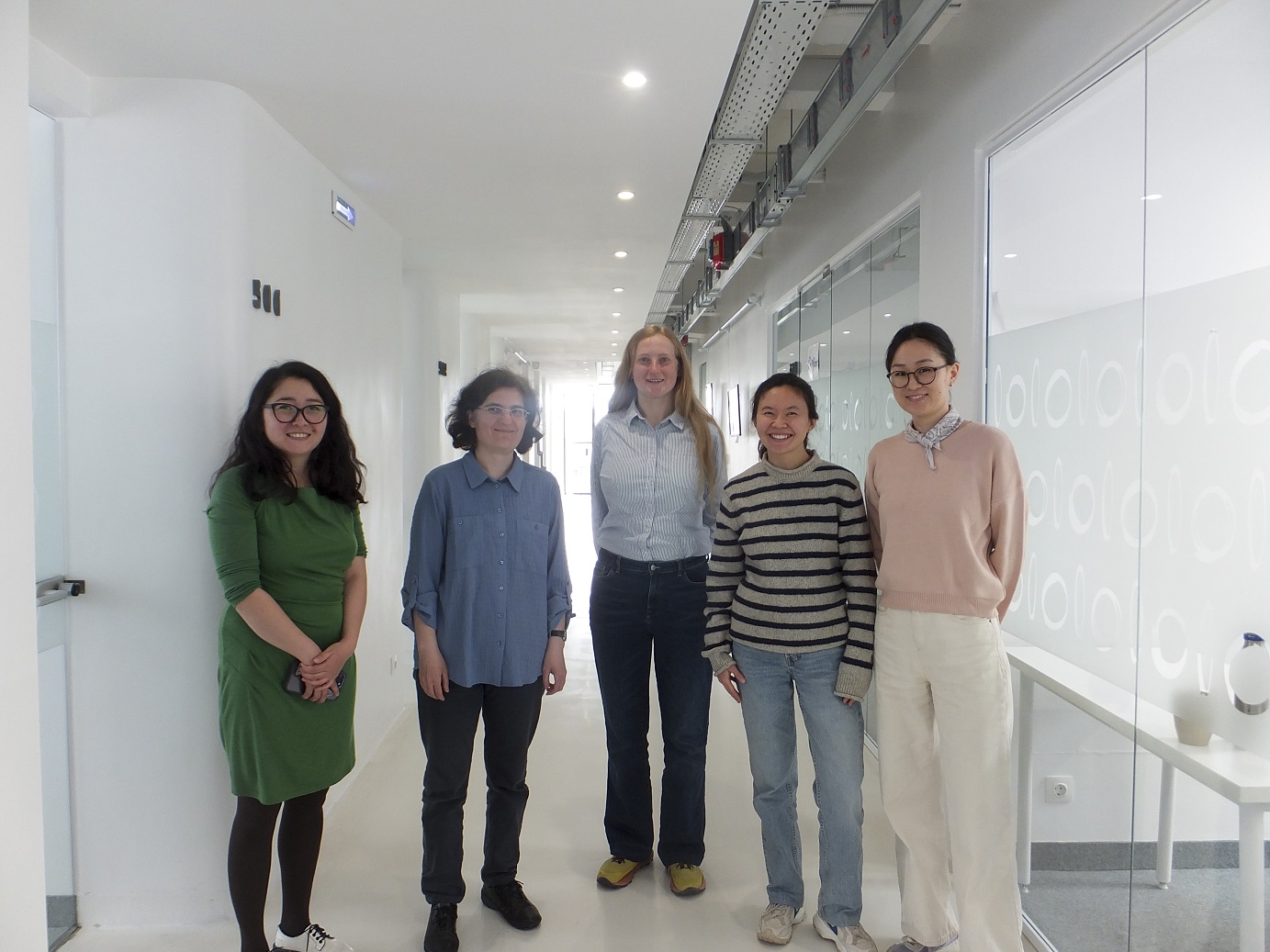By Ainė Ramonaitė, researcher from Vilnius University
My name is Ainė Ramonaitė. I am a professor of political sociology at the Institute of International Relations and Political Science, Vilnius University, Lithuania. My primary research interests include political attitudes and behavior, with a specific focus on post-Soviet societies.
From April 4 to May 4, 2024, I participated in my first secondment as part of the “MOCCA: Multilevel Orders of Corruption in Central Asia” project. My secondment was hosted by the OSCE Academy in Bishkek, Kyrgyzstan.

At the OSCE Academy
Kyrgyzstan particularly interests me from a comparative perspective. I was keen to explore the differences and similarities between Lithuania and Kyrgyzstan—both post-Soviet countries that experienced the Soviet regime and a challenging period of transformation. Although Lithuania’s current economic level is several times higher than that of Kyrgyzstan, 20 years ago, the countries were quite similar in terms of their development. Therefore, it was extremely interesting to see how different political trajectories have shaped the social and cultural landscapes of these countries.
In Kyrgyzstan, I observed many social practices that have already disappeared in Lithuania. For example, canteens offering extremely cheap and delicious food, crowded “mikrushkas” virtuously maneuvering through traffic jams, numerous currency exchanges, and various sellers in every underground passage. I also noticed a particularly respectful attitude towards foreigners “from the West” (we are considered “from the West” in their eyes). Additionally, I encountered a lot of recognizable Soviet architecture and artworks (sculptures, mosaics, frescoes, stained glass windows), of which very few have survived in our country. Many Soviet buildings appeared quite abandoned; however, many are currently being repaired, at least in Bishkek, so the picture may change significantly in a few years.

Traders in the underground passage
April proved to be an excellent month for a secondment in Kyrgyzstan. The weather was great—not too hot to work in Bishkek, but already offering a wonderful springtime view of the mountains that cover most of Kyrgyzstan’s territory. May would probably be an even better month, especially for those who enjoy hiking or horseback riding in the mountains, because in April, many higher places are still covered with snow. However, even during this time, there are many opportunities for mountain hiking; we took full advantage of them by joining treks organized by the Trekking Union of Kyrgyzstan every weekend.

Frozen waterfall in Ala-Archa National Park
The purpose of my research in Kyrgyzstan was to investigate the relationship between the propensity for corruption and belief in conspiracy theories. I am conducting this research with my colleague Julita Slipkauskaitė from Vilnius University. Our goal was to find local collaborators during the secondment and explore the possibilities of conducting a survey experiment. We also hoped to conduct a pilot study with students. However, these tasks turned out to be more complicated than we expected.
Firstly, the OSCE Academy turned out to be a very small academic institution, primarily staffed by visiting professors, with very few local researchers. Moreover, the few people interested in corruption were away on secondments under the MOCCA project. At the Academy, I found only one researcher, Burulcha Sulaimanova, who is also involved in the MOCCA project and works on corruption. She was very helpful, but her research field differed from ours. However, we agreed with the OSCE director to present our research and receive feedback in an online meeting later when the other researchers returned from their secondments.

At the Central Asia Barometer
Secondly, there are very few public opinion polling agencies in Kyrgyzstan, and their surveys are quite expensive. None of them have an online panel, which we need for our experiment both for cost efficiency and for the possibility of randomizing the respondents. Additionally, the Foreign Agents Law, passed just before my secondment, further complicated our investigation. According to local colleagues, this law might treat conducting sociological research and publishing its results as political activity, although it is unclear how strictly it will be applied in practice and what its possible consequences are for researchers like us. Consequently, we have had to postpone our planned survey and explore other options.
Despite these challenges, my visit was truly fruitful. I seized every opportunity to learn about the country and interact with local people, trying to understand prevailing social norms and beliefs. When conducting quantitative research, it is essential to closely understand society to construct a reliable research instrument and adequately interpret the data.
Together with my colleague Julita, we had an informative interview with a lawyer pursuing her PhD on corruption. This interview provided valuable insights into how corruption is perceived in Kyrgyzstan and the measures taken to combat it. We also had a productive visit to the Ala-Too International University in Bishkek, where we presented Lithuania and our university to students and academic staff, and discussed potential cooperation with Vilnius University in studies and research.
I would like to thank the “MOCCA: Multilevel Orders of Corruption in Central Asia” project and the OSCE Academy in Bishkek for this enriching month in Kyrgyzstan, which provided me with valuable insights and a deeper understanding of the post-Soviet region.
